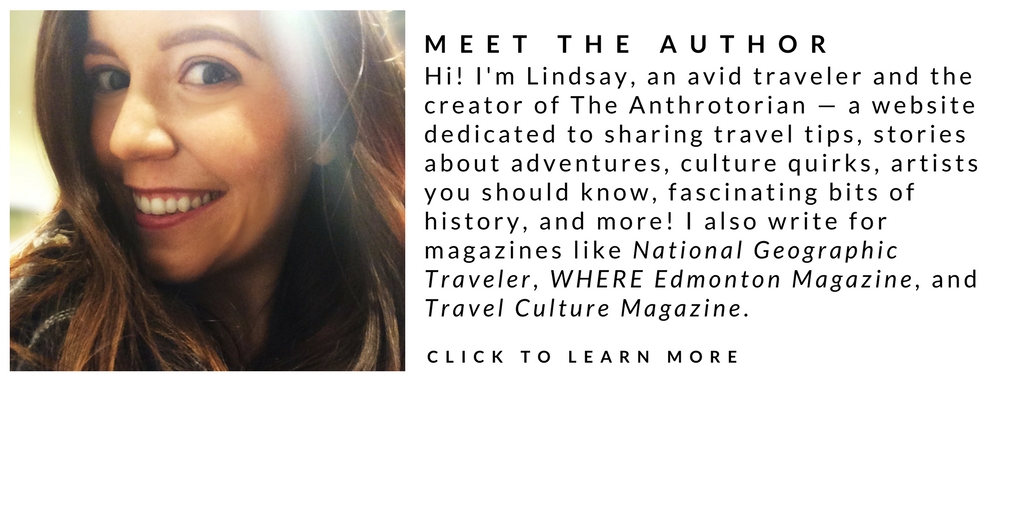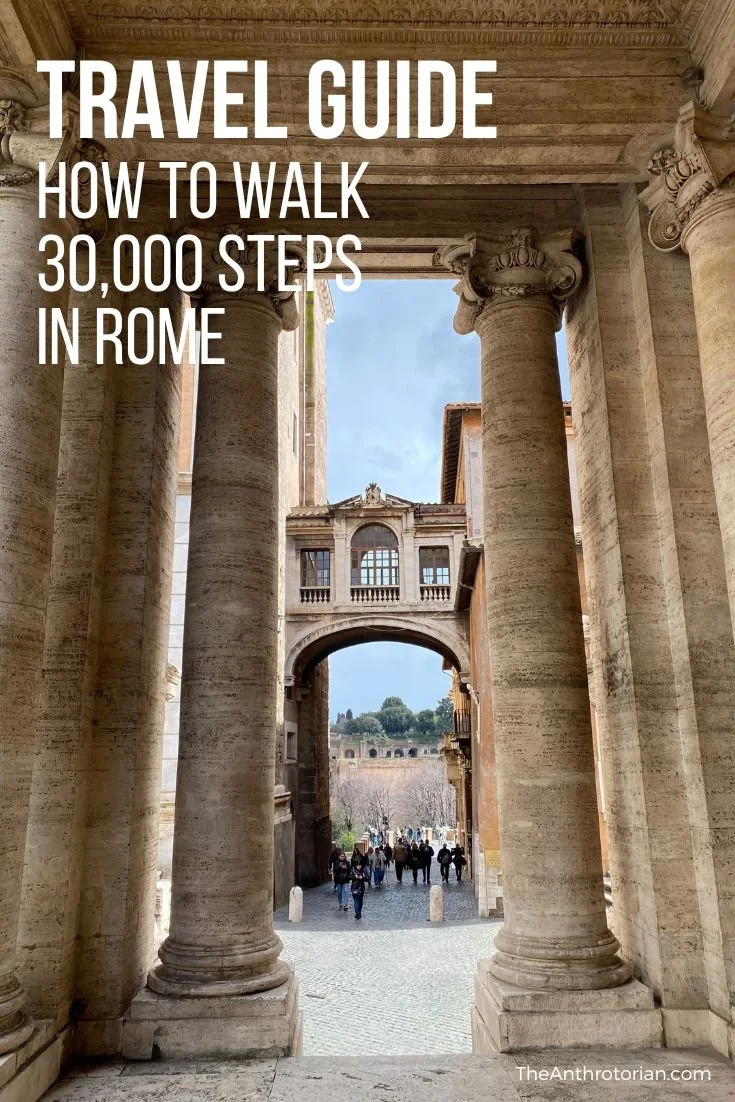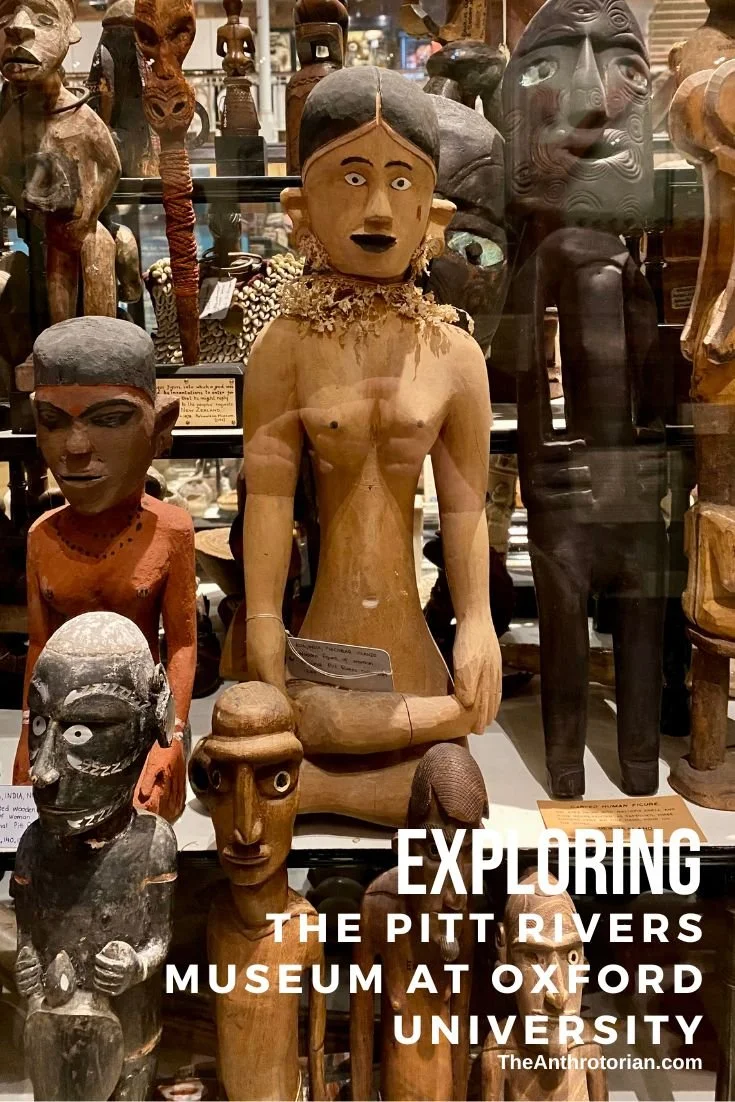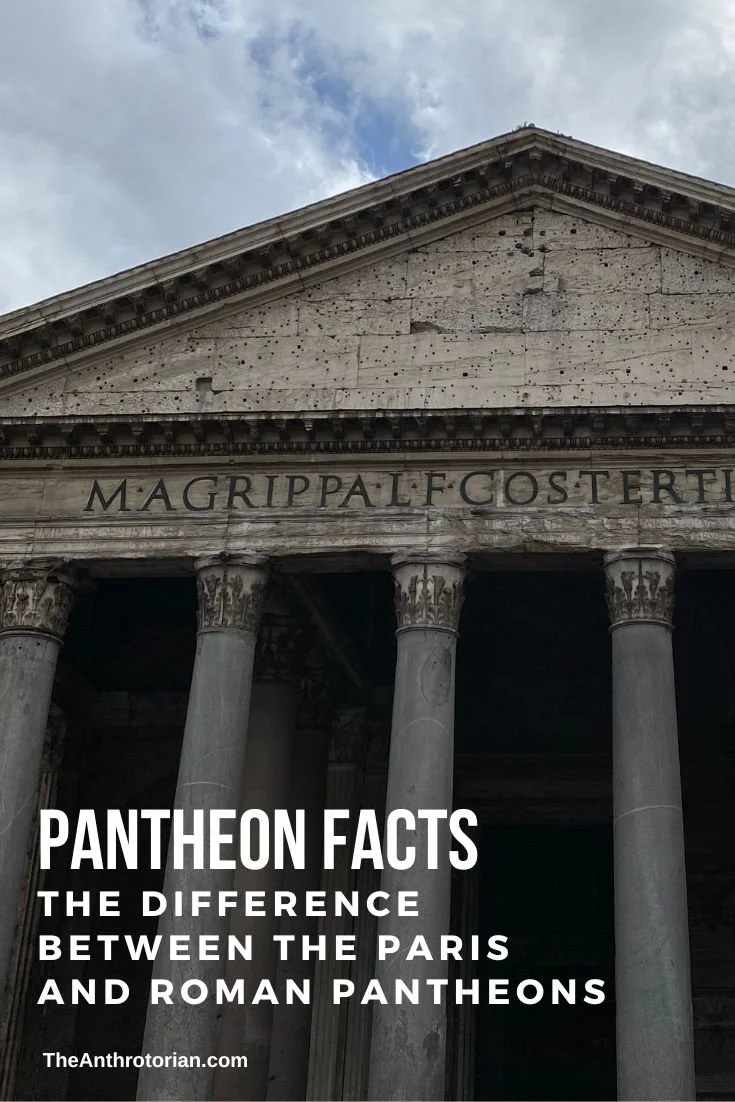It is no secret that I am head-over-heels for Paris. It is one of my favourite places in the world, and not just for the art, history, pastries (don't even get me STARTED on the croissants), but also for the fact that it is unapologetically, well, French...
Popular tourist spots are closed on Sundays, there are no easy-to-spot information booths, pickpockets abound during the high season, locals look disgusted if they so much as spot a map, and everyone looks like the just stepped off the next season's runway show — I LOVE IT!
But, I have to admit; France does tend to have a reputation (especially in the English-speaking world) for being full of rude people, unhelpful shopkeepers, and a less-than-welcoming approach to tourists. (But come on, the waiter who snubs you because your French is less then perfect can easily be brought back on your side with a friendly smile!)
Despite the negative reputation, the cities, countryside, and beaches of France are always packed — it is one of the most visited countries in the world.
Shockingly however (especially to those of us in the tourism industry), France has NEVER HAD AN OFFICIAL TOURISM POLICY... EVER... !?
This month, it seems that the French government has finally decided that it might be worth capitalizing on these visitors and using tourism as a way to boost their economy — the word 'Duh' comes to mind.
Why has this never happened before you ask?
According to Didier Arino, a director of the organization pushing for this investment in tourism, "The problem is that in France we don't value jobs in tourism. We conflate services with servitude."
(source)
The French economy, like most of the member countries of the European Union, was hit really hard a few years ago and is still recovering, and this explains why the government is looking for new ways to supply people with jobs and boost spending by visitors.
So, how are they planning on becoming more tourist friendly?
The plan is to promote destinations outside of Paris to encourage longer stays in the country, and to combat their unwelcoming reputation a guide titled Do You Speak Touriste? has been created for those who work in the hospitality industry to familiarize them with the language, and cultural quirks of their visitors. They are also looking at trying to keep shops, tourist spots and restaurants open at more regular hours.
What do you think? Have you had a negative experience in France or have you fallen in love with all its eccentricities like I have? If you had a negative experience, will this new policy make you willing to try travelling to the country again?














